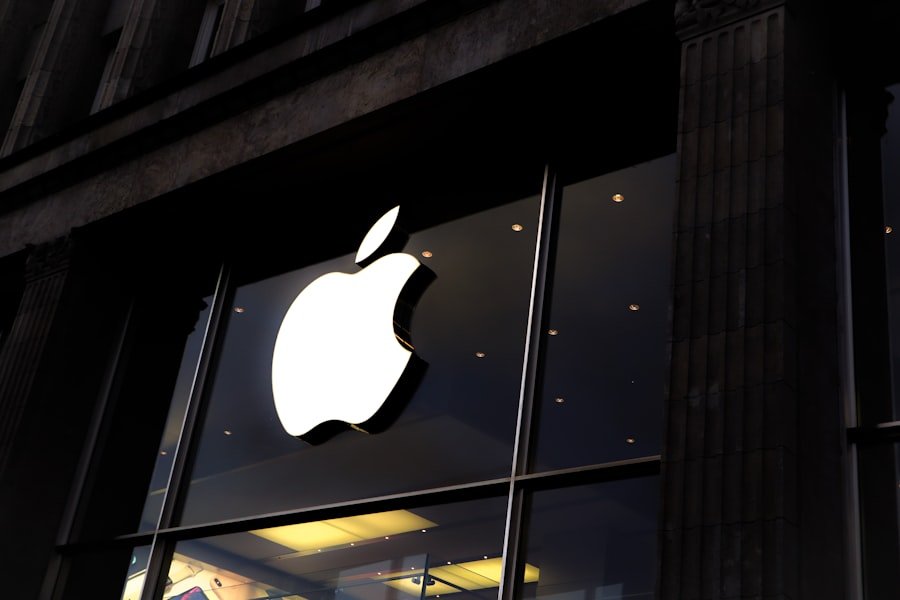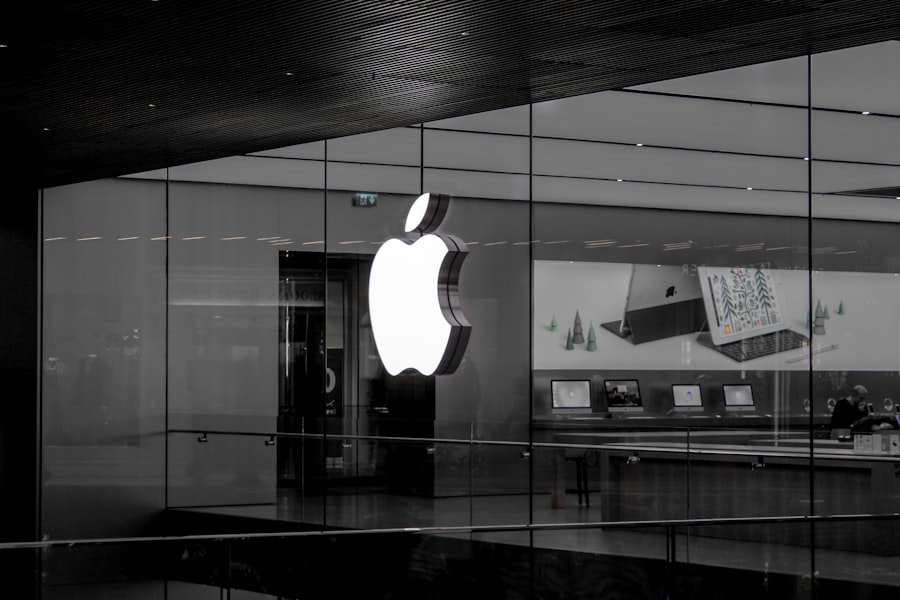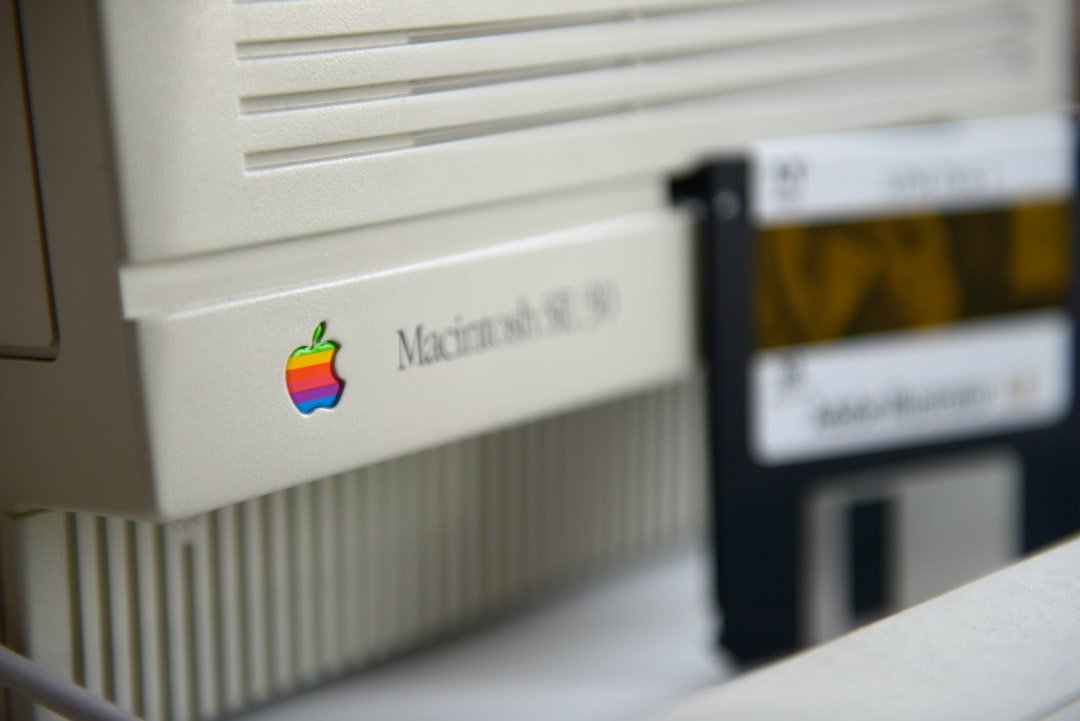In the realm of mobile technology, the term “unlocking” refers to the process of removing restrictions imposed by a carrier on a device, allowing it to be used with different networks. For iPhone users, unlocking can be particularly significant, as it opens up a world of possibilities for utilizing their devices beyond the limitations set by their original service providers. This practice has gained traction over the years, especially as consumers seek greater flexibility in their mobile service options.
The ability to switch carriers without being tethered to a specific network can lead to cost savings, improved service quality, and access to better plans. Unlocking an iPhone can be a straightforward process for some, while for others, it may involve navigating a complex web of regulations and policies. The motivations behind unlocking vary widely; some users may wish to travel internationally and use local SIM cards to avoid exorbitant roaming fees, while others may simply want to take advantage of competitive pricing from different carriers.
Regardless of the reason, understanding the nuances of iPhone unlocking is essential for any user looking to maximize their device’s potential.
Key Takeaways
- iPhone unlocking allows users to use their device with any carrier and access additional features.
- Apple strongly opposes iPhone unlocking and considers it a violation of their terms of service.
- Legal implications of iPhone unlocking include voiding warranties and potential violation of copyright laws.
- To request Apple to unlock your iPhone, you can contact their customer support or visit an Apple Store.
- Alternatives to Apple for iPhone unlocking include third-party unlocking services and carrier unlocking policies.
Apple’s stance on iPhone unlocking
Apple’s position on iPhone unlocking is multifaceted and often reflects the company’s broader business strategy. While Apple does not explicitly oppose unlocking, it maintains a cautious approach that aligns with its partnerships with various carriers. The company recognizes that unlocking can enhance customer satisfaction and loyalty, but it also understands that these actions can disrupt the established relationships with network providers.
As a result, Apple has implemented specific policies regarding unlocking that users must navigate. In general, Apple supports the idea of unlocking devices under certain conditions. For instance, if an iPhone is fully paid off and meets specific eligibility criteria, Apple may facilitate the unlocking process.
However, this support is contingent upon the user adhering to the terms set forth by their carrier. Apple’s guidelines emphasize that users should first contact their carrier to initiate the unlocking process, as carriers often have their own policies regarding when and how devices can be unlocked. This layered approach underscores Apple’s commitment to maintaining strong ties with carriers while also providing users with options for greater flexibility.
Legal implications of iPhone unlocking

The legal landscape surrounding iPhone unlocking is complex and varies significantly from one jurisdiction to another. In many countries, laws have been enacted to protect consumers’ rights to unlock their devices, recognizing that once a user has purchased a phone outright, they should have the freedom to use it as they see fit. In the United States, for example, the Library of Congress has ruled that unlocking a phone is legal under certain conditions, particularly when the device is no longer under contract or has been fully paid off.
However, this legal framework does not eliminate all potential complications. Users who attempt to unlock their devices through unauthorized means may find themselves in violation of terms of service agreements or even local laws. Additionally, some carriers may impose penalties or fees for users who unlock their phones without following proper procedures.
It is crucial for consumers to be aware of these legal implications before proceeding with any unlocking attempts, as ignorance of the law can lead to unintended consequences.
How to request Apple to unlock your iPhone
| Steps | Details |
|---|---|
| 1 | Visit Apple’s official website |
| 2 | Click on “Support” section |
| 3 | Select “iPhone” as your product |
| 4 | Choose “Unlocking your iPhone” as the issue |
| 5 | Follow the on-screen instructions to submit your request |
Requesting Apple to unlock your iPhone involves a series of steps that must be followed meticulously to ensure a successful outcome. The first step is to verify that your device is eligible for unlocking. This typically means that the iPhone must be fully paid off and not reported as lost or stolen.
Users should also check if they have fulfilled any contractual obligations with their carrier before proceeding with the request. Once eligibility is confirmed, users can initiate the unlocking process by contacting Apple Support directly or through their carrier. If contacting Apple Support, users will need to provide specific information about their device, including the IMEI number and any relevant account details.
Apple will then review the request and determine whether it meets their criteria for unlocking. This process can take anywhere from a few hours to several days, depending on various factors such as volume of requests and specific circumstances surrounding the device.
Alternatives to Apple for iPhone unlocking
For those who find themselves unable or unwilling to go through Apple for unlocking their iPhones, several alternatives exist in the market. Third-party services have emerged that specialize in unlocking devices for a fee. These services often advertise quick turnaround times and can unlock devices that may not meet Apple’s criteria for official unlocking.
However, users should exercise caution when considering these options. While third-party unlockers can be effective, they come with inherent risks. Many of these services operate in a legal gray area and may not guarantee success or safety for your device.
Additionally, using unauthorized methods can void warranties or lead to software issues down the line. It is essential for users to conduct thorough research and read reviews before selecting a third-party service, ensuring they choose a reputable provider with a track record of successful unlocks.
Risks and benefits of unlocking your iPhone

Unlocking an iPhone presents both risks and benefits that users must weigh carefully before proceeding. On one hand, the primary benefit of unlocking is increased flexibility in choosing carriers and plans. Users can switch networks at will, often leading to better pricing options or improved service quality based on their location and needs.
This flexibility can be particularly advantageous for frequent travelers who wish to avoid high roaming charges by using local SIM cards. Conversely, there are risks associated with unlocking that should not be overlooked. For instance, using unauthorized methods can lead to software malfunctions or security vulnerabilities that compromise the device’s integrity.
Additionally, if an iPhone is unlocked improperly or without following legal guidelines, users may face penalties from their carrier or even legal repercussions in some jurisdictions. Furthermore, there is always the possibility that an unlocked device may not function optimally on all networks due to compatibility issues with certain bands or technologies.
Customer experiences with Apple’s iPhone unlocking process
Customer experiences with Apple’s iPhone unlocking process vary widely, reflecting individual circumstances and expectations. Many users report positive experiences when they follow the official channels and meet all eligibility requirements. These customers often praise Apple’s customer service representatives for their helpfulness and efficiency in processing unlock requests.
In many cases, users find that once they provide the necessary information and documentation, the process is relatively quick and straightforward. However, there are also numerous accounts of frustration among customers who encounter obstacles during the unlocking process. Some users have reported delays in receiving confirmation of their unlock status or have faced challenges in proving eligibility due to discrepancies in account information or carrier policies.
These experiences highlight the importance of being well-prepared and informed before initiating an unlock request with Apple.
Factors that may affect Apple’s decision to unlock your iPhone
Several factors can influence Apple’s decision regarding whether to unlock an iPhone. One of the most significant considerations is whether the device is fully paid off and free from any contractual obligations with the original carrier. If an iPhone is still under contract or has outstanding payments, Apple will typically deny the unlock request until those conditions are met.
Additionally, if an iPhone has been reported lost or stolen, Apple will refuse to unlock it as part of its commitment to preventing fraud and protecting consumers. Other factors that may come into play include whether the device has been previously unlocked or if there are any outstanding issues related to the user’s account with their carrier. Understanding these factors can help users better prepare their requests and increase their chances of a successful outcome.
Apple’s track record with unlocking iPhones
Apple’s track record with unlocking iPhones has generally been viewed as reliable but not without its challenges. The company has established clear guidelines for users seeking unlocks and has made efforts to streamline the process over time. Many customers appreciate Apple’s transparency regarding eligibility criteria and the steps involved in requesting an unlock.
However, there are instances where customers have expressed dissatisfaction with Apple’s handling of unlock requests due to perceived inconsistencies or delays in processing times. While many users report positive experiences when following proper procedures, others have encountered roadblocks that lead to frustration and confusion. This mixed feedback underscores the importance of understanding both Apple’s policies and individual circumstances when seeking an unlock.
What to do if Apple refuses to unlock your iPhone
If Apple refuses to unlock your iPhone, it can be disheartening but does not necessarily mean all hope is lost. The first step is to carefully review the reasons provided by Apple for the denial. Common reasons include outstanding payments, contractual obligations with carriers, or issues related to account status.
Understanding these reasons can help you determine whether there are steps you can take to rectify the situation. If you believe your request was unjustly denied or if you have resolved any issues that led to the refusal, you can consider reapplying for an unlock after addressing those concerns. Alternatively, exploring third-party unlocking services may be an option; however, it is crucial to proceed with caution and ensure you choose a reputable provider if you go this route.
Conclusion and recommendations for iPhone unlocking
When considering whether to unlock your iPhone, it is essential to weigh all available options carefully while being mindful of both legal implications and potential risks involved in third-party services. Engaging directly with Apple through official channels remains one of the safest methods for obtaining an unlock while ensuring compliance with legal standards and maintaining warranty protections. For those who encounter obstacles in this process or find themselves facing refusal from Apple, exploring alternative avenues may provide solutions but should be approached with due diligence and caution.
Ultimately, understanding your rights as a consumer and being informed about your device’s status will empower you in making decisions regarding unlocking your iPhone effectively.
If you are wondering whether Apple would unlock your iPhone, you may want to check out this article on getiphoneinfo.com. This website provides valuable information on iPhone unlocking and other related topics. It is always important to be informed about the privacy policies and terms of service when dealing with technology companies like Apple, so you may also want to read their privacy policy. For more details about the website and its content, you can visit their about page.
FAQs
What is the issue with unlocking an iPhone?
Unlocking an iPhone refers to the process of removing the carrier restrictions on the device, allowing it to be used with other carriers. This is different from “jailbreaking,” which refers to removing software restrictions imposed by Apple.
Can Apple unlock my iPhone?
Apple may be able to unlock your iPhone under certain circumstances, such as if the device is no longer under contract or if you have fully paid off the device. However, Apple’s policies on unlocking iPhones may vary depending on your location and the specific circumstances of your situation.
What are the requirements for Apple to unlock my iPhone?
The requirements for Apple to unlock your iPhone may include fully paying off the device, being out of contract with your carrier, and meeting any other specific criteria set by Apple or your carrier. It’s best to contact Apple or your carrier directly to inquire about the specific requirements for unlocking your iPhone.
Can I unlock my iPhone through a third-party service?
There are third-party services that claim to be able to unlock iPhones, but it’s important to be cautious when using these services. Some may be scams or may use unauthorized methods to unlock your device, which could void your warranty or cause other issues. It’s generally recommended to go through Apple or your carrier for iPhone unlocking.
What should I do if I want to unlock my iPhone?
If you want to unlock your iPhone, it’s best to first contact your carrier to inquire about their unlocking policies and procedures. If your carrier is unable to unlock your iPhone, you can then reach out to Apple for further assistance. Be prepared to provide information about your device and your account when seeking to unlock your iPhone.










